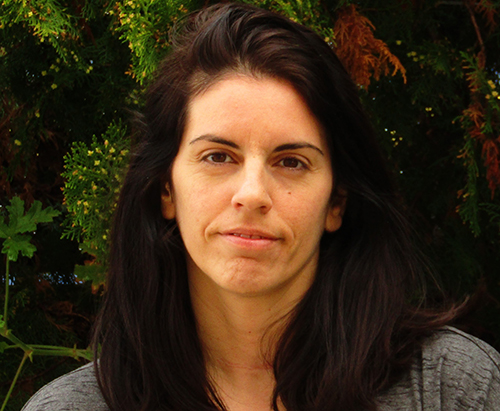GAZE
★ ★ ★ ★
Our Less-Traveled Roads to Happiness

Image by Nathalie Desiree Mottet
By Irena Ioannou
Patriarchy acts like a Hydra: if you cut off one head, two more heads will emerge. Blatant, but also inconspicuous examples exist, affecting women’s everyday life, and thus exposing inequality’s political dimensions. And yet, through solidarity and progress, some hope appears at the end of the tunnel, hope connected to diversity.
Sperm Donor Clinics
Around the world women have started to gain some rights to bodily autonomy. We will not focus here on the attack on our abortion rights, as seen in the US, which is a grave step backward for women’s rights there. The ban on abortion there is presented as both a solution to a country’s demographic problems, and a supposedly ethical choice based on divine wishes. We will discuss here some women’s reactions to patriarchal constraints, which could also solve our demographic issue but would probably never be supported by official lips. It involves the women who, in deciding to become mothers, have discovered a solution to childbirth which also serves their demand for self-determination: a solution offered by sperm donor clinics.
More and more women today seem to opt out from the nuclear family ideal. They choose to become mothers on their own, at a time and place of their choosing. Inconceivable for ethical reasons in the near past, sperm banks today seem to thrive. Even in smaller cities where society tends to judge and interfere, many of us have heard of women who made the decision to stop waiting for a white knight. Women who are not in a relationship, are tired of waiting, or have simply decided that their dream of a family does not include a third person. They have been brave enough to imagine and demand an alternative vision of happiness and fulfillment for themselves and deserve support.
Women with high levels of male hormones
The news is not so new. There exist some athletes—some of them famous, like Semenya—whose testosterone levels are higher than those of an average woman. As a result, these athletes have been publicly humiliated, deemed unnatural, and banned from competing in certain sports. No one knows how these athletes were made to feel, especially those whose test results came as a shock when they discovered them through social media, barely adult African girls whose dreams were suddenly crushed. As women, we can imagine. These women have been denied an identity and a chance to excel in something they love. Some of them have chosen to fight. Semenya, for instance, has tried to compete in other events after losing her case in court, a case she has been fighting on her own, and boy, wouldn’t we all want her to beat the system.
Some men will always have a problem with women who do not sexually attract them, because that is what they believe their purpose is—they think women exist to satisfy their aesthetic demands. As a survey shows, 60% of women have been harassed while running, and that is also perhaps an indication of why the case of Semenya should not surprise us. We, women, are not all the same. Our hormone levels differ. None of us is unnatural. Being strong, running, and coming up first is not unnatural. Running and working out gives some women a sense of freedom, and some men will always have a problem with that. Semenya winning an Olympic medal would probably turn her into a role model for younger girls. In the era of Instagram and lip augmentations, I cannot count the ways in which Semenya as a success story would pose a threat to the patriarchal ideal of how a woman should behave and look.
It is natural that when things change, the old system will fight back. That is why solidarity matters. And that is why diversity matters. For centuries women were led to believe that there existed very limited ways through which they could realize their happiness. All roads to success and happiness included and presupposed the existence of a man, and women were expected to make the necessary compromises. Today, women are starting to doubt that narrative. Their sense of fulfillment does not presuppose others. Our support should go to the ones that have chosen the path less traveled. It opens up the road for all of us.

Irena Ioannou writes from Crete, Greece and her work has recently appeared in Crannóg and Betty Fedora. She is currently working on her first novel. She is a mother of five.
























0 Comments